Causes of angioneurotic edema in adults
Angioneurotic edema is the edema caused by redistribution of the fluid from blood vessels into surrounding tissues and skin.
Angioneurotic edema can involve any body part, but usually it is more pronounced around eyes, lips, mouth, tongue, limbs and genitalia. The edema may be accompanied with urticaria that is a more superficial edema, as the angioneurotic edema affects deeper skin layers.
Causes and types of angioneurotic edema
There are several causes of angioneurotic edema.
- Allergic angioneurotic edema is the most common type and includes reactions to such products as peanuts and shellfishes, medications, antibiotics included, bites of insects and latex.
- Non-allergic medication-induced angioneurotic edema is provoked by some medications, including the commonly prescribed class of medications for the treatment of increased arterial pressure, angiotensin-converting enzyme inhibitors (such as lisinopril). This type can be without an allergic component and is not connected with itching or urticaria.
- The relatively rare hereditary angioneurotic edema is caused by absence or dysfunction of the ferment in the complement system, which is a part of the immune system.
- Acquired angioneurotic edema is connected with infections, autoimmune diseases, and, more rarely, with malignant neoformations such as lymphoma.
- Idiopathic angioneurotic edema means that there is no obvious reason for that.
Symptoms
The symptoms of the angioneurotic edema include the edema, often around eyes, lips and tongue, but possibly in any body part, arms, legs and genitalia included. Shortness of breath, dizziness and syncope can also emerge. Angioneurotic edema can be accompanied with an abdominal pain from the intestinal edema. In case of the allergic angioneurotic edema, an itchy rash called urticaria can occur. In case of the non-allergic angioneurotic edema, the symptoms usually manifest themselves later, from several hours to several days after the impact of the cause.
Sometimes more serious reactions can occur, airway edema and arterial pressure changes included. Such a situation requires an emergency medical aid, so call an ambulance as soon as possible. If possible, make an injection of adrenalin (EpiPen) or other medications your doctor advises you to have at home after a consultation. Potential warning symptoms:
- voice changes;
- sharp vibrating noise while breathing (stridor);
- tongue or throat swelling;
- sudden and severe difficulty breathing;
- syncope sensation.

Prevention and treatment
In many cases, angioneurotic edema emerges within several minutes or hours, and then resolves on its own. Avoid such triggers as allergens or medications in case of the allergic angioneurotic edema. Treatment may not be required, however, certain medications, such as antihistamines and steroids, may help in addressing the symptoms more quickly. An injection of adrenalin may be required in some severe cases. Our allergologists-immunologists can provide you with detailed testing and the best treatment.
In case of the medication-induced non-allergic angioneurotic edema, avoid these groups of medications and ask your doctor to prescribe a suitable alternative. Resolving of an edema can take several days without a corresponding treatment. In case of hereditary, idiopathic or recurrent angioneurotic edema, a patient should undergo examination and treatment provided by a specialist on allergy/immunology.
Despite the treatment, there is a high probability of recurrence of the angioneurotic edema, and patients and their families should consult on detection and avoiding of triggers, and also have the training to recognize the symptoms that require emergency assistance and appropriate response.
Article author - Tatiana Anikieieva, M.D.
Publication date: 20.03.2020
Our advantages
Our doctors
Our clinics
ISO certificates
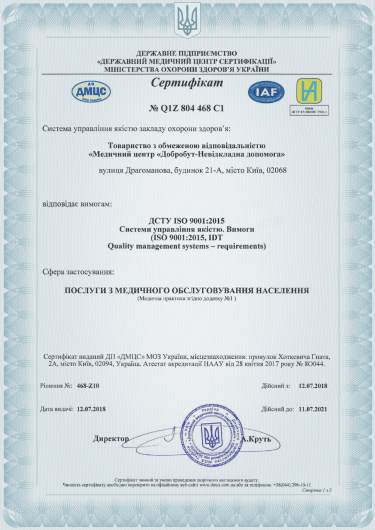
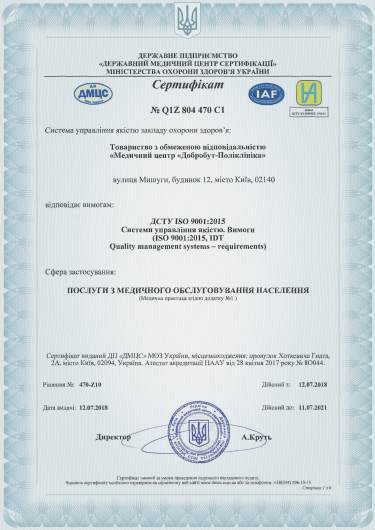
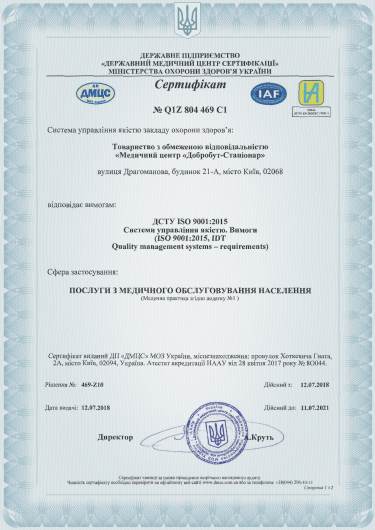
Accreditation certificates
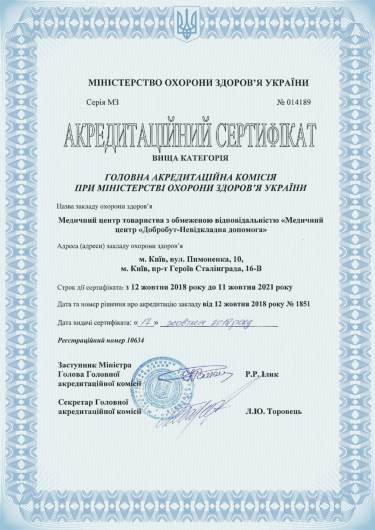
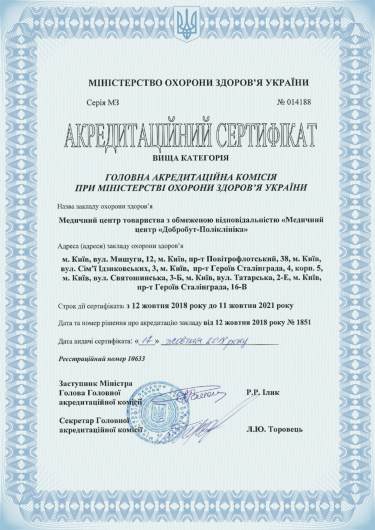
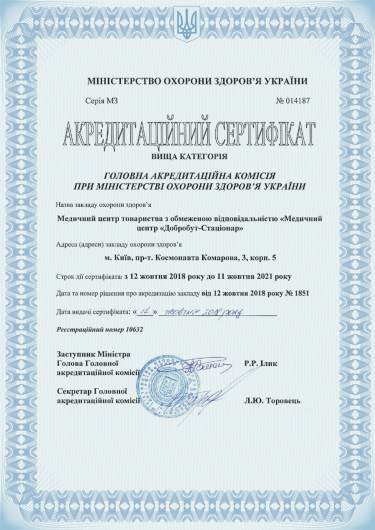
Medical practice licenses
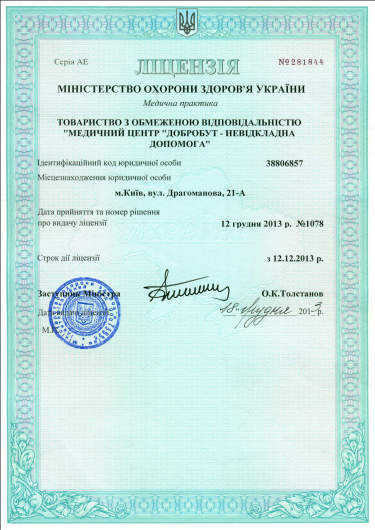
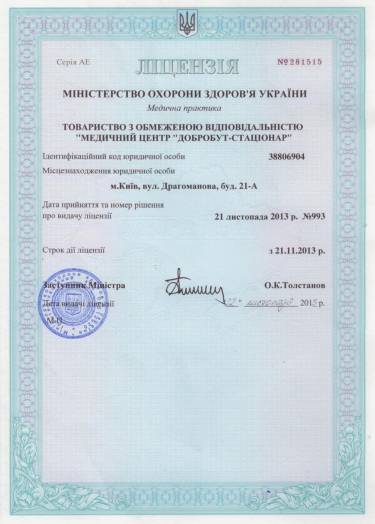
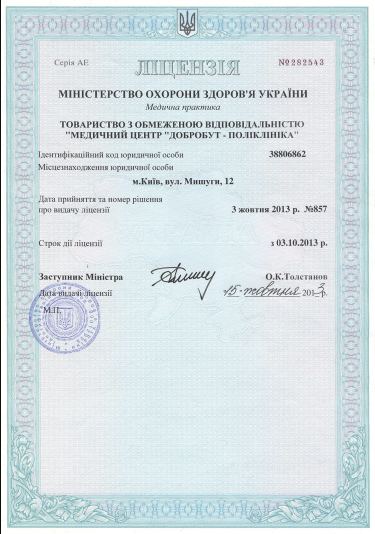













































%402x.png)
%402x.png)
